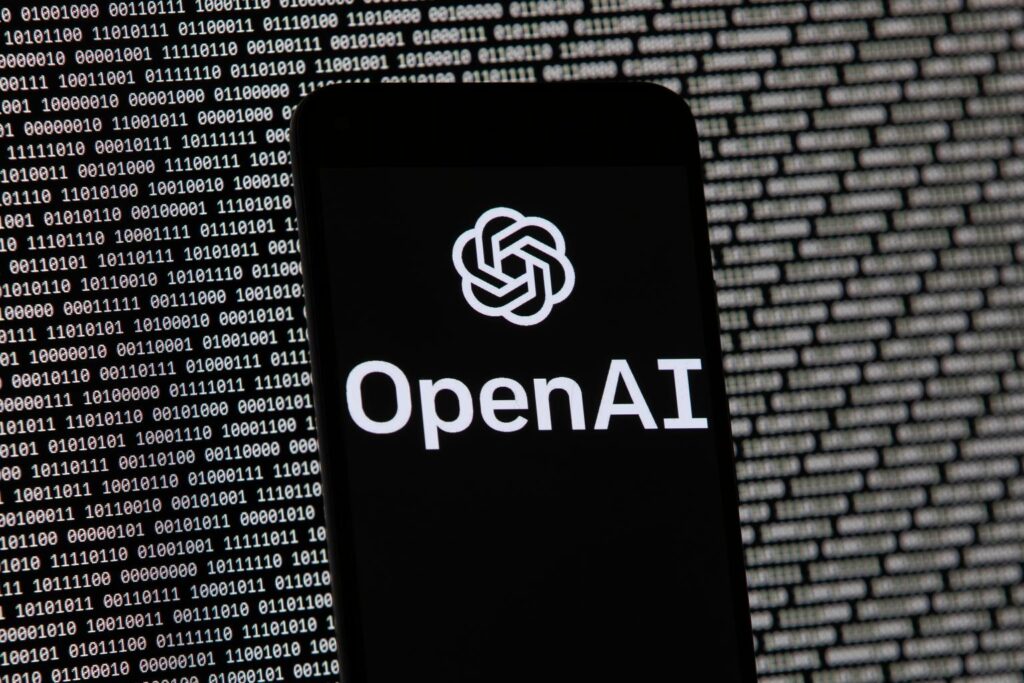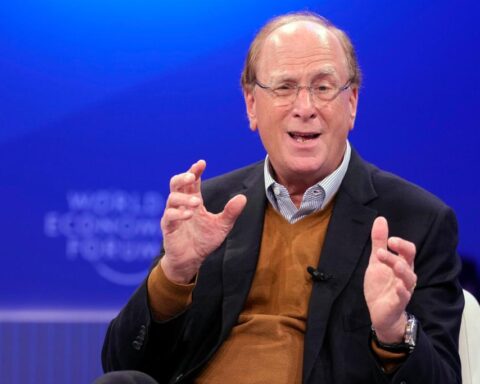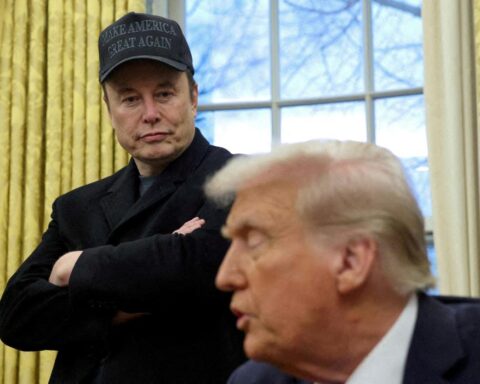Tech giant stands firm against Musk’s bid, reinforcing its commitment to AGI’s nonprofit mission.
OpenAI has officially turned down a staggering $97.4 billion bid from a consortium led by Elon Musk, reaffirming that the artificial intelligence powerhouse is not for sale. The decision, announced on Friday, was unanimous, with the board making it clear that any future bids from Musk would not be entertained.
The move marks another chapter in the ongoing feud between Musk and OpenAI, the company he co-founded alongside CEO Sam Altman but later left. Musk has been a vocal critic of OpenAI’s transition into a for-profit entity, arguing that it strays from its original mission of ensuring artificial general intelligence (AGI) benefits all of humanity.
A Clear and Unwavering Response
Chairman Bret Taylor, speaking on behalf of OpenAI’s board, did not mince words in his response to Musk’s bid.
“OpenAI is not for sale, and the board has unanimously rejected Mr. Musk’s latest attempt to disrupt his competition,” Taylor stated. “Any potential reorganization of OpenAI will strengthen our nonprofit and its mission to ensure AGI benefits all of humanity.”
Musk’s legal representative, Marc Toberoff, declined to comment on the board’s rejection.
A Battle of Words and Values
The rejection follows a direct dismissal from Altman, who had already made his stance clear earlier in the week. Responding to Musk’s offer on social media platform X (formerly Twitter), Altman simply stated, “No thank you.”
Musk, never one to back down from a public spat, fired back with a pointed one-word response: “Swindler.”

The Bid That Wasn’t a Bid?
New details have emerged regarding Musk’s offer, casting doubt on its legitimacy. According to OpenAI, Musk and his consortium, which includes AI startup xAI, investment firm Valor Equity Partners, Baron Capital, and Hollywood power broker Ari Emanuel, had placed additional conditions on the bid.
A court filing on Wednesday revealed that the group would withdraw its bid if OpenAI’s nonprofit arm abandoned its transition into a for-profit structure.
This apparent contradiction led OpenAI’s legal team to dismiss Musk’s approach as disingenuous. In a letter addressed to Musk’s lawyer, OpenAI’s attorney William Savitt stated:
“Two days ago, you filed a pleading in court adding new material conditions to the proposal. As a result of that filing, it is now apparent that your clients’ much-publicized ‘bid’ is in fact not a bid at all.”
A Long-Standing Feud
Musk’s animosity toward OpenAI has been brewing for years. After his departure in 2019, OpenAI established a for-profit subsidiary, drawing billions of dollars in funding, including major investments from Microsoft. This pivot ignited Musk’s accusations that the company had abandoned its founding principles in pursuit of financial gain.
His legal battle with OpenAI escalated last year when he sued Altman, OpenAI, and Microsoft, alleging a breach of contract. In November, Musk sought a preliminary injunction to prevent OpenAI from fully embracing a for-profit model.
The Road Ahead
Despite Musk’s legal maneuvers and attempts to regain influence over OpenAI, the company remains steadfast in its direction. With the board’s firm rejection of the $97.4 billion bid, OpenAI is signaling its intent to remain independent and committed to its vision of AGI serving the broader public—without interference from corporate power struggles.
While Musk may not be giving up the fight, OpenAI has drawn its line in the sand.















